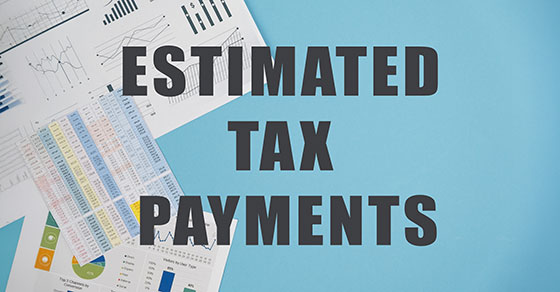
As the use of digital assets like cryptocurrencies continues to grow, so does the IRS’s scrutiny of how taxpayers report these transactions on their federal income tax returns. The IRS has flagged this area as a key focus. To help you stay compliant and avoid tax-related complications, here are the basics of digital asset reporting.









